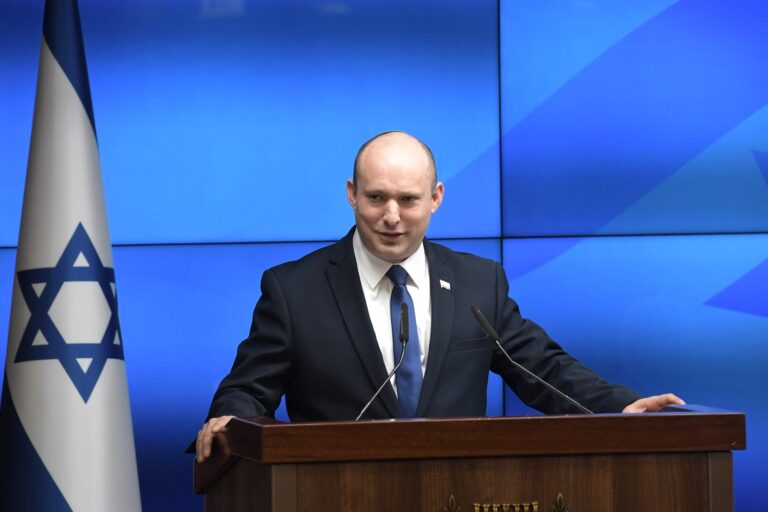In a significant shift that could impact how religious leaders address politics from the pulpit, the IRS has signaled it will no longer enforce the controversial Johnson Amendment against houses of worship — including shuls, churches, and other tax-exempt religious institutions.
The Johnson Amendment, enacted in 1954 and named for then-Senator Lyndon B. Johnson, prohibits tax-exempt nonprofits from endorsing or opposing political candidates. While rarely enforced, the rule has long cast a shadow over rabbanim who wish to speak freely on political matters from a Torah perspective.
Now, in a joint legal filing in federal court in Texas, the IRS and plaintiffs — including the National Religious Broadcasters Association, an Evangelical media group — have asked the court to interpret the amendment so that it does not apply to communications made by a house of worship to its congregants during religious services or through other traditional channels.
In other words, the IRS is formally backing a carve-out that would exempt shuls, churches, and other religious bodies from this long-standing speech restriction.
“The Johnson Amendment should be interpreted so that it does not reach communications from a house of worship to its congregation in connection with religious services through its usual channels of communication on matters of faith,” the court filing states.
The lawsuit, originally filed last year, argues that the Johnson Amendment violates the First Amendment rights of religious organizations, including freedom of speech and free exercise of religion. President Donald Trump, who has long been critical of the Johnson Amendment, signed an executive order in 2017 urging the Treasury Department not to enforce it. “I will get rid of and totally destroy the Johnson Amendment and allow our representatives of faith to speak freely and without fear of retribution,” he said at the time.
Although the IRS has typically avoided penalizing religious institutions for political speech, the current filing would set a precedent that could provide clarity and legal protection for rabbanim who wish to speak out on political matters that intersect with Torah values — especially in today’s charged moral and political climate.
(YWN World Headquarters – NYC)












5 Responses
I’m not so thrilled with this. There was never any ban on religious leaders speaking about political issues. It was only about endorsement of specific candidates. Once this ban is removed and religious figures start getting more involved in political elections, when a more liberal group is in power, they might start putting more effort into fighting religious groups than they already do
It is a well known fact that Americans are much more religious than their European counterparts because while European clergy imposed their political beliefs on the people, the United States always had a strong separation of church and state. Rabbanim endorsing politicians at the pulpit, especially in contentious local races, will turn many people off, and they would best be advised not to do that even if the Johnson amendment is lifted.
Rabbanim have no business being involved in politics. Their job is to be marbitz Torah, be mashpia ruchniyos and be marbeh Kavod Shomayim. If someone wants to be involved in politics, find a different vocation.
Rt is still upset that Rav Shmuel endorsed Trump in 2020
rt, “Rabbanim have no business being involved in politics.” Rabbonim AND roshei yeshivos! The RY of BMG often endorses politicians and political parties nationally and especially locally.